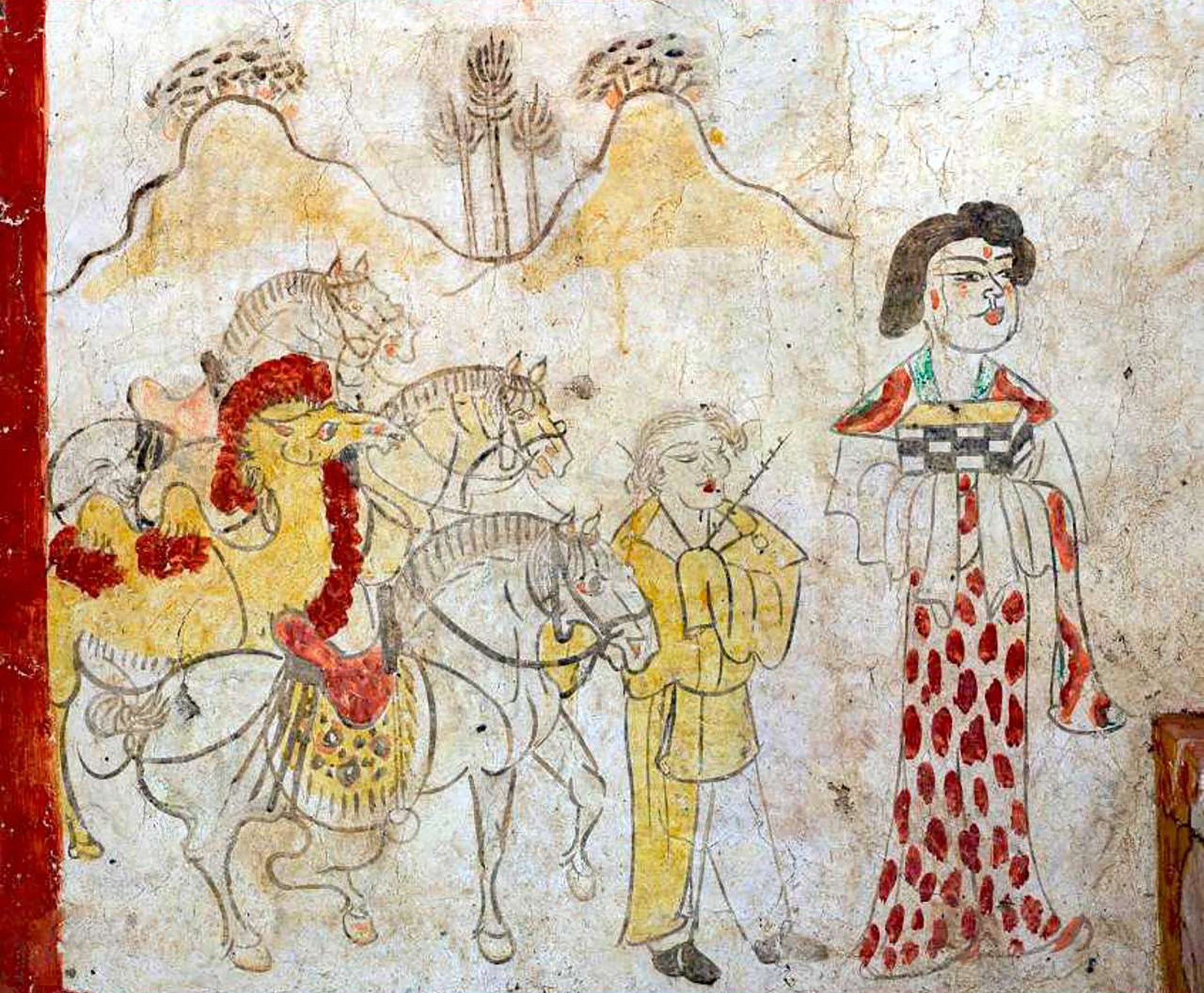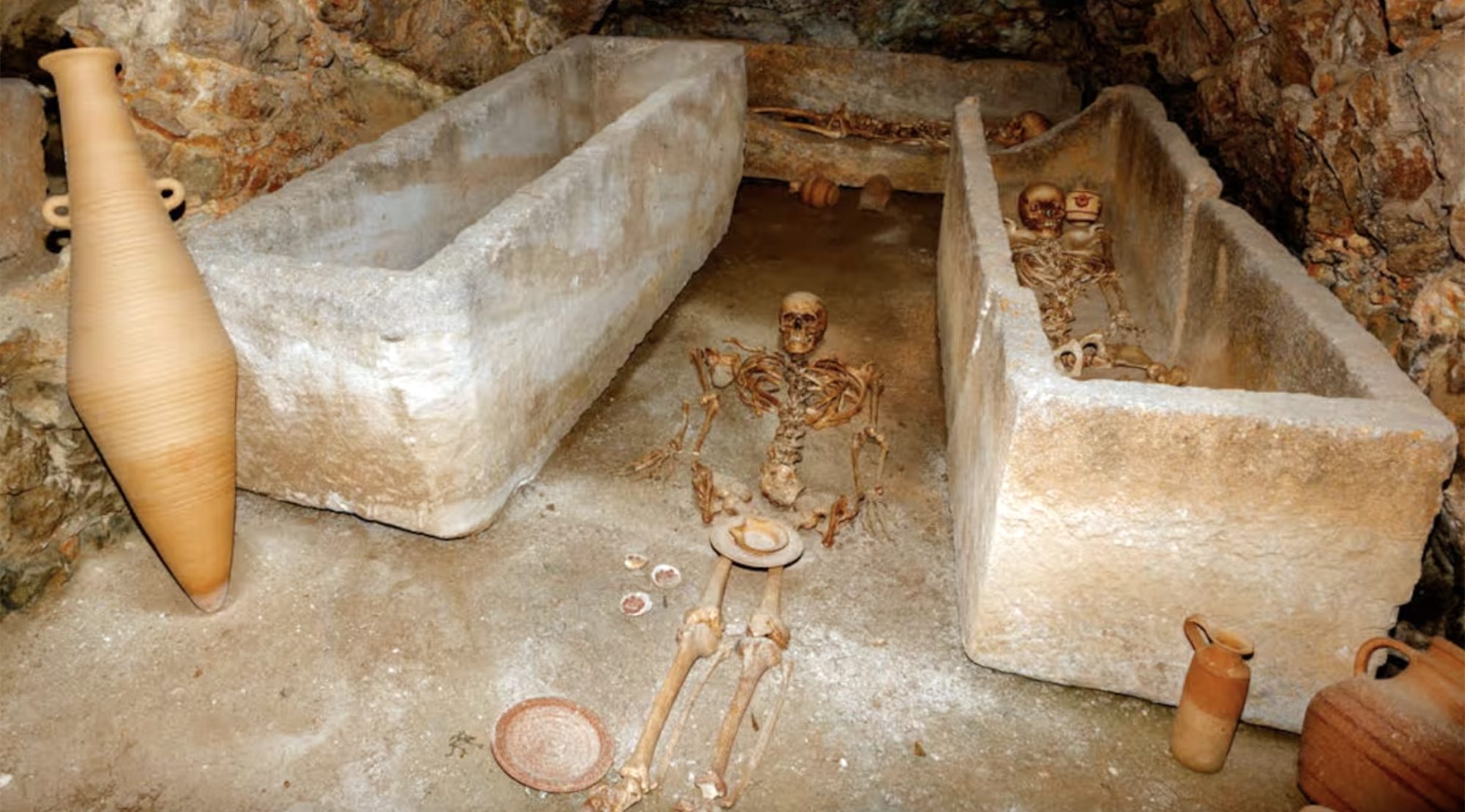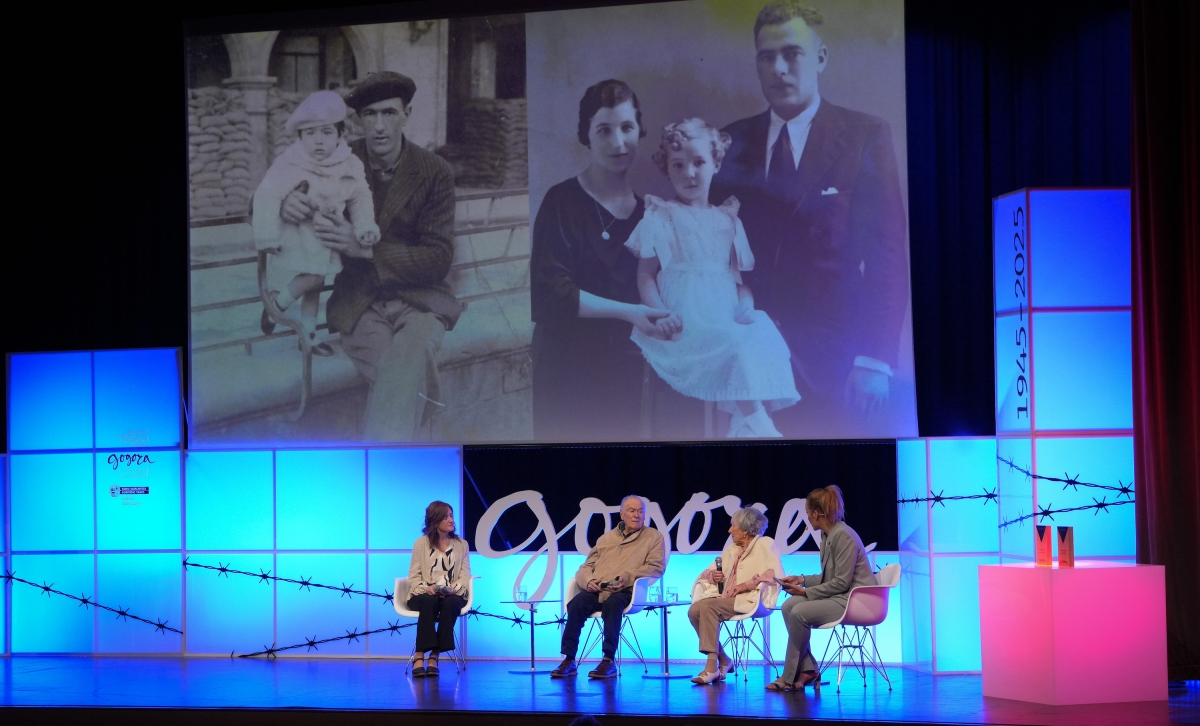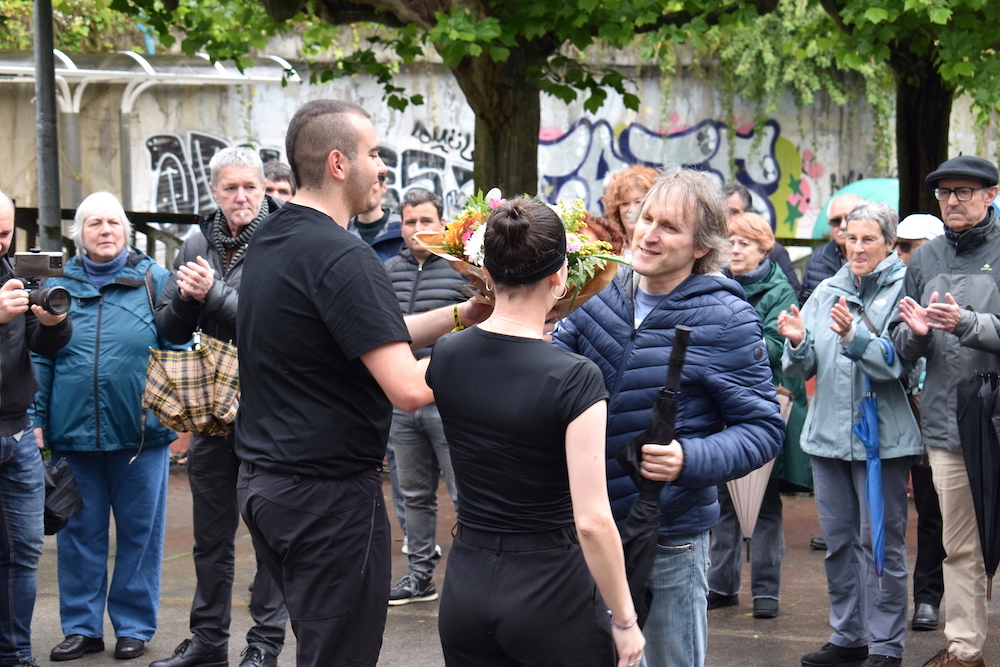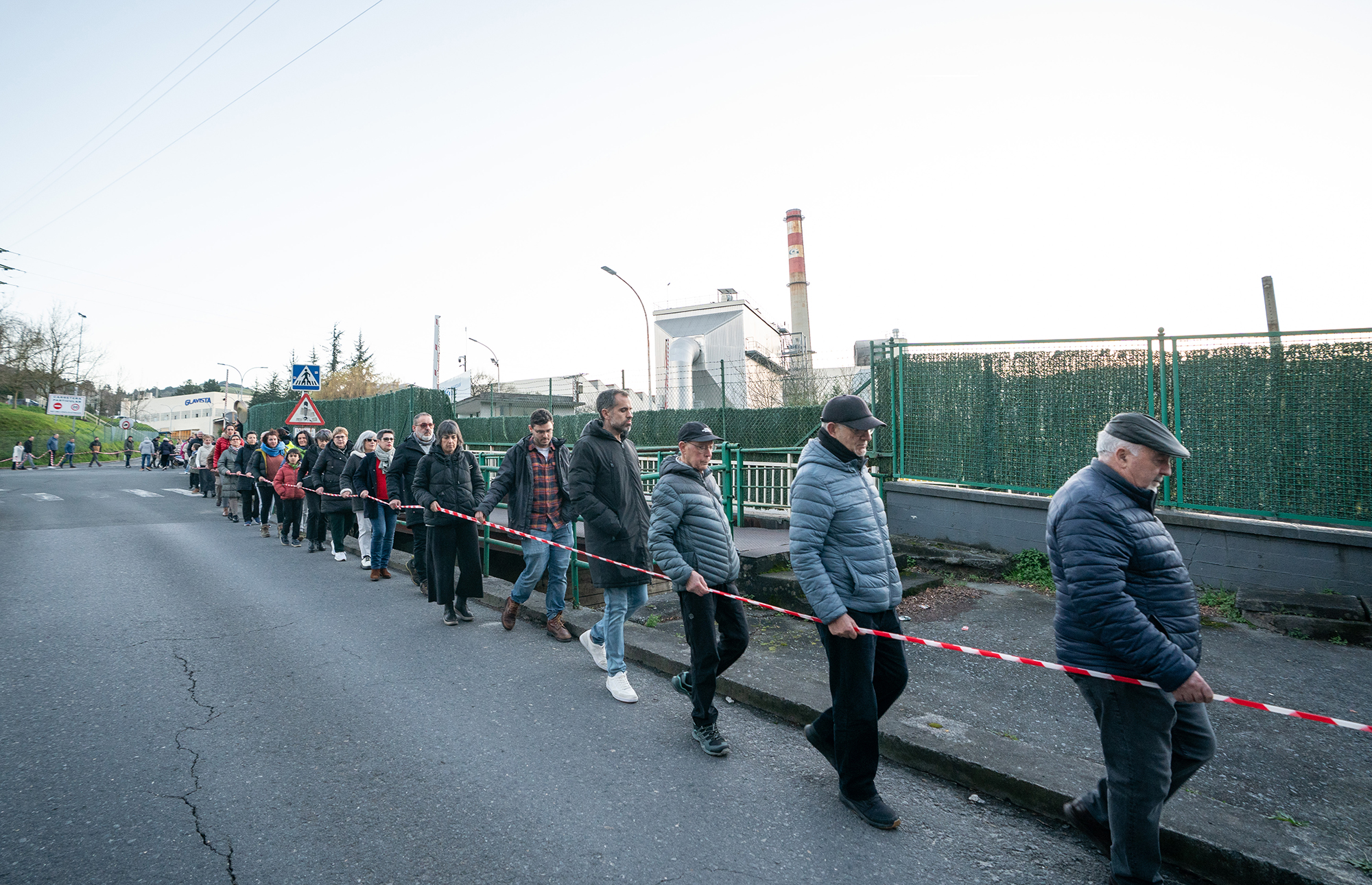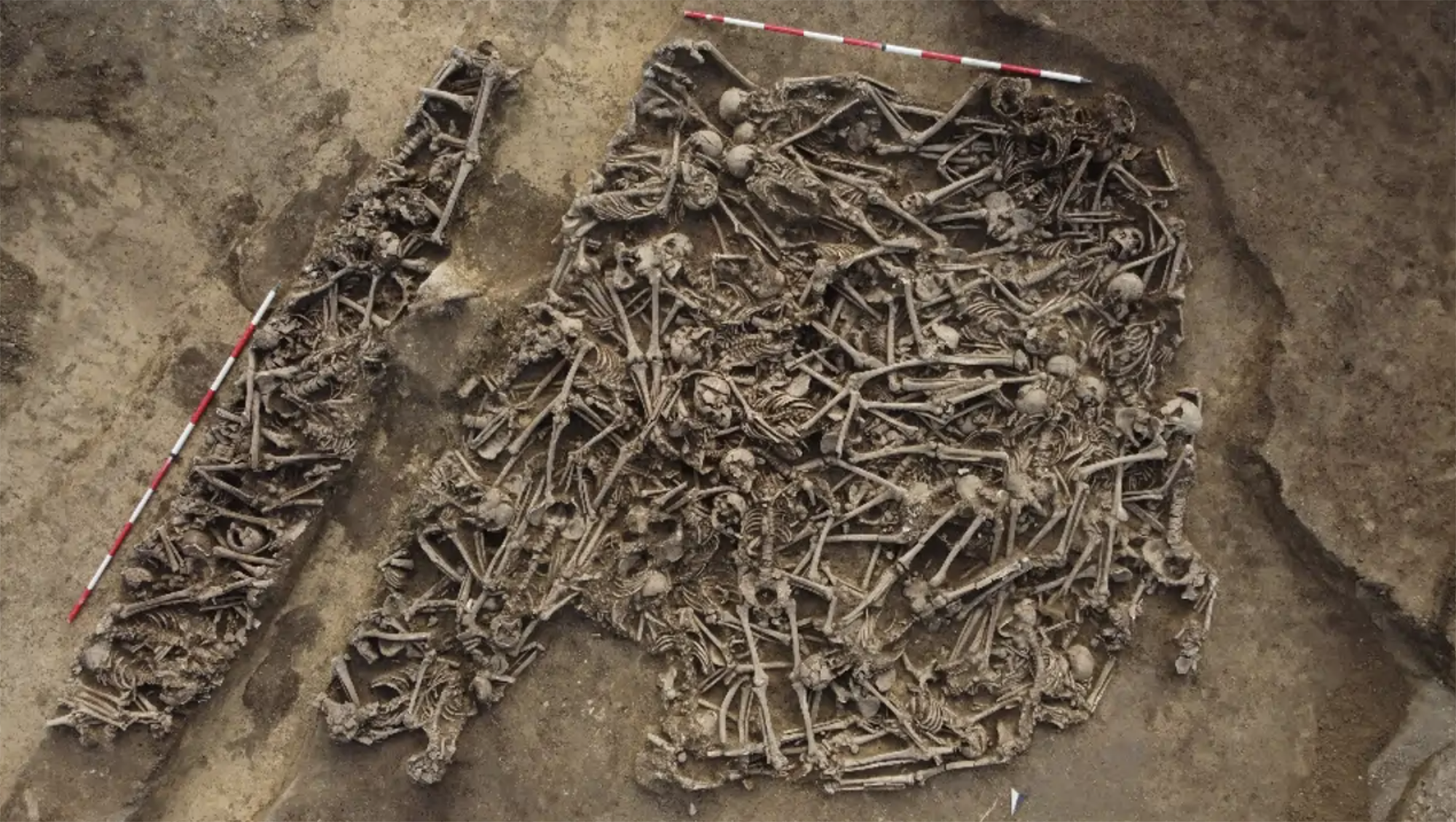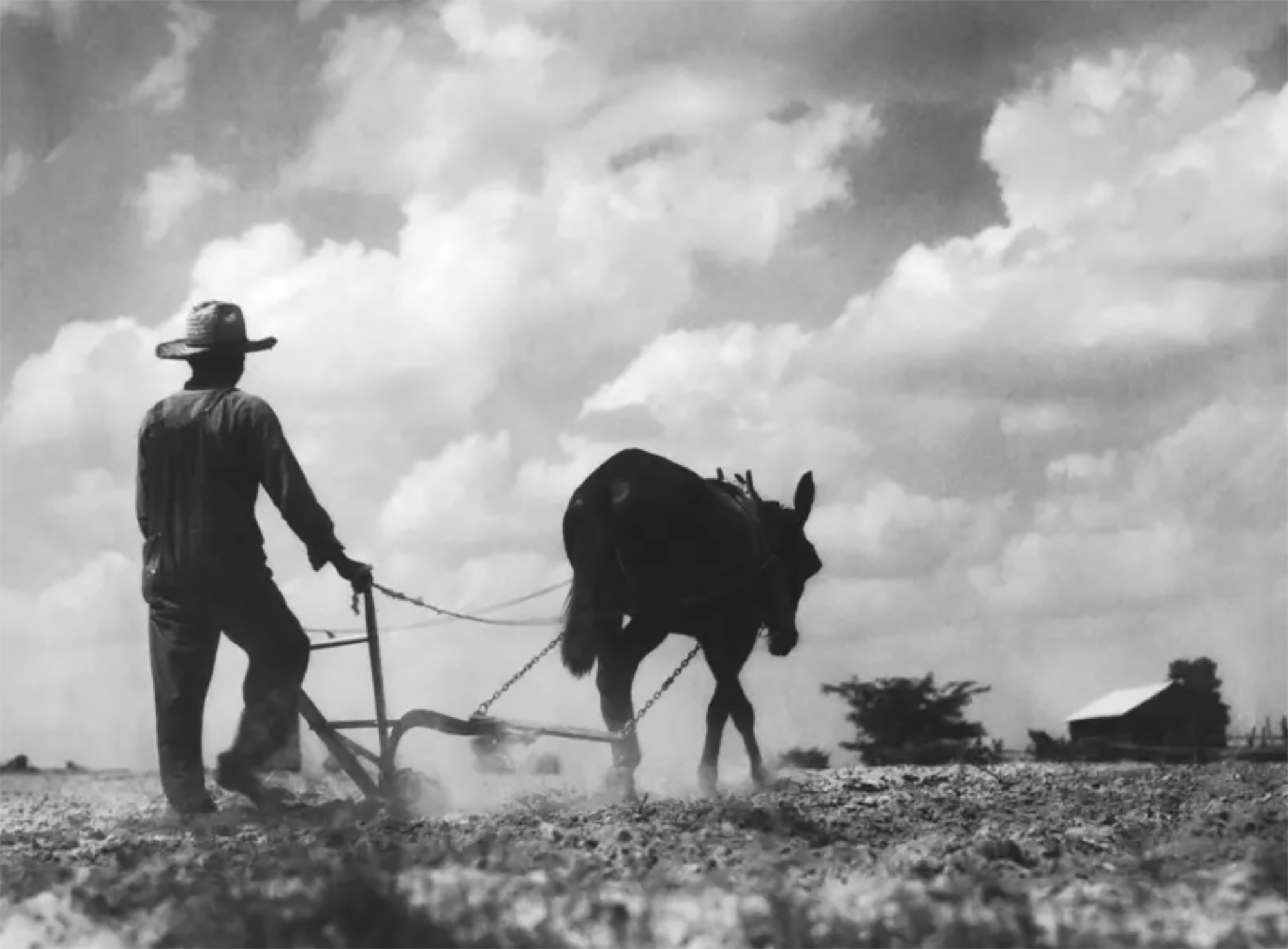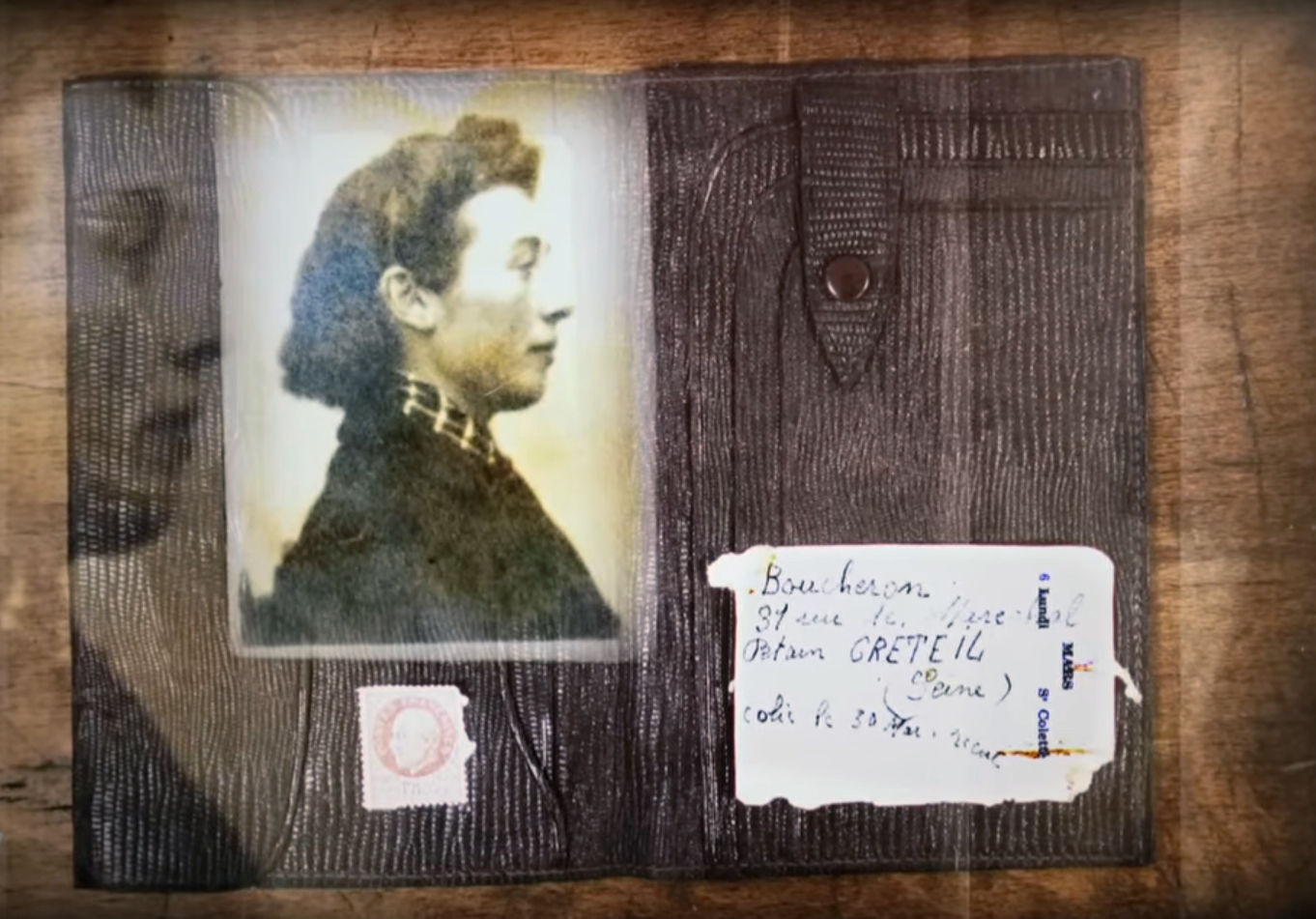The paths to be examined at the symposium organized by Nabarralde for the 22nd day
- The Nabarralde Foundation is celebrating the 8th Heritage, Landscape and Globalization from 6 to 22 October. Symposium entitled "Crossing the Paths". Talks, guided tours or exits on the subject are taking place at different points in Navarre.

As the Foundation explains on its website, “the objective of the program is to value the meaning of the roads and their current meaning in our culture, in the broadest sense, stimulating reflection and debate on the subject. Bring patrimonial value closer to the citizen and make them know and feel.”
It is the construction of old roads, among which was the country at the junction of the two main Roman roads of its time, “between the road that joined Burdigala and Astorga”. There were also the Tarraco road from the Mediterranean to the Oiasso del Cantábrico or the Camino de Santiago from Europe.
But, in addition, they will bring another kind of way to reflection and debate: “Rural roads, forests and streams, transhumance, smuggling… Even more pragmatic, whether railways, guns or guns”, or many other lost roads in history and in memory, “on the path of memory, there is certainly much to recover”.
On Saturday 22, the central event will be held at the Museum of Navarra in Pamplona, in the morning and afternoon hours: Juan María Martínez de Choperena de Aranzadi will travel the road from Tarracoti to Oiasso; the architect Iñaki Uriarte will analyze the roads of water; Amaia Apraiz the railways; and Amaia Martínez Matia the cultural itineraries. They will also talk about the roads of smuggling and repression – the Comète network – with José Antonio Perales and Isabel Elizalde and Juanbi Mihura, the last two family members of those who participated in the Comète network.
More detailed information can be found on the Nabarralde website.
In the Chinese province of Shanxi, in a tomb of the Tang dynasty, paintings depicting scenes from the daily lives of the dead are found. In one of these scenes a blonde man appears. Looking at the color of the hair and the facial expression, archaeologists who have studied the... [+]
Carthage, from B.C. Around the 814. The Phoenicians founded a colony and the dominant civilization in the eastern Mediterranean spread to the west. Two and a half centuries later, with the decline of the Phoenician metropolis of Tyre, Carthage became independent and its... [+]
Salvador Puig Antich frankismoaren kontrako militantea izan zen. Askapen Mugimendu Iberikoko kidea, 1973ko irailaren 25ean atxilotu zuten. Gerra-kontseilua egin zioten, eta garrotez exekutatu zuten handik sei hilabetera, 1974ko martxoaren 2an. Aurtengo otsailean baliogabetu du... [+]
Rudolf Botha hizkuntzalari hegoafrikarrak hipotesi bat bota berri du Homo erectus-i buruz: espezieak ahozko komunikazio moduren bat garatu zuen duela milioi bat urte baino gehiago. Homo sapiens-a da, dakigunez, hitz egiteko gai den espezie bakarra eta, beraz, hortik... [+]
Böblingen, Holy Roman Empire, 12 May 1525. Georg Truchsess von Waldburg overthrew the Württemberg insurgent peasants. Three days later, on 15 May, Philip of Hesse and the Duke of Saxony joined forces to crush the Thuringian rebels in Frankenhausen, killing some 5,000 peasants... [+]
During the renovation of a sports field in the Simmering district of Vienna, a mass grave with 150 bodies was discovered in October 2024. They conclude that they were Roman legionnaires and A.D. They died around 100 years ago. Or rather, they were killed.
The bodies were buried... [+]
Washington, D.C., June 17, 1930. The U.S. Congress passed the Tariff Act. It is also known as the Smoot-Hawley Act because it was promoted by Senator Reed Smoot and Representative Willis Hawley.
The law raised import tax limits for about 900 products by 40% to 60% in order to... [+]








